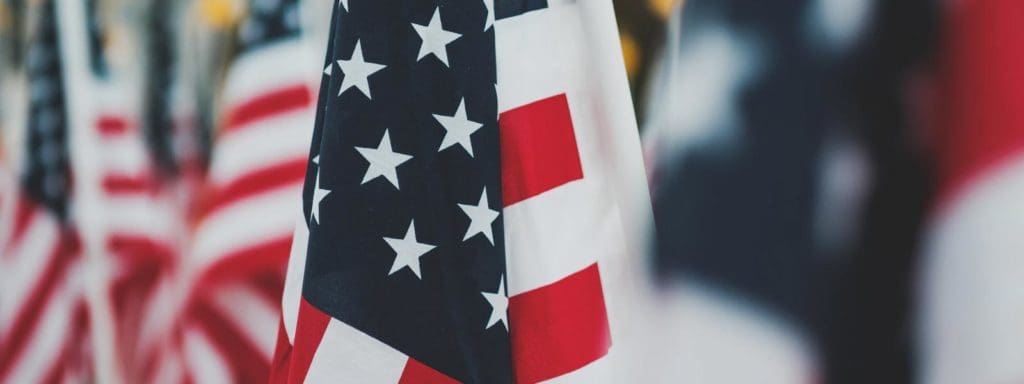Despite recent calls for unity, we are at a moment in our nation where competing visions for our future are in constant tension.
Rather than unity, I’ve been wondering if we shouldn’t aim for inclusion instead.
For our United States to be successful, we need a well-functioning democracy that meaningfully addresses the needs of a diverse people who experience varying levels of harm or injustice from the systems we inhabit.
But democracy goes beyond diversity of views, beliefs, and convictions. Successful democracies require diverse stakeholders to engage each other in good faith and together chart a path forward – a common path that serves all equally and leads to a future where we all can thrive. Democracy requires both the inclusion and the healthy tension that still exists in difference.
Over the last 30 years, compromise and collective policy formulation have given way to a “winner takes all approach” to how our “democracy” operates. What I’ve found so disheartening is how the “winners” and “losers” make sense of their current circumstances, and how those circumstances feed ever-increasing polarization.
In a recent article in Science Magazine, I discovered a particularly compelling diagnosis of our current cultural and political moment. The piece, written by 17 social scientists, asserts that we find ourselves in a time of “political sectarianism,” consisting of three core ingredients:
- Othering
- Aversion
- Moralization
Othering is the tendency to view the opposing side as essentially different or alien to oneself; aversion is the tendency to dislike and distrust the opposing side; and moralization is the tendency to view the opposing side as morally wrong.
The combination of these three factors has caused the American system, in which we all live, a great deal of harm. And because of the increased sectarianism among us, the hope for some baseline level of inclusion, necessary to make our democracy function, seems out of reach.
For the most part, we are leaders stewarding nonpartisan missions toward creating a healthier and more equitable nation. But we cannot ignore the environment we all live in. Our ability to advocate for real change over time, build deep relationships and strong community, and realize our sector’s full impact is being held hostage by this growing sectarianism.
I want to offer less of a call to action today and more of a deep reflection that we consider this in our daily actions and decisions.
Are we othering when we should be including? Are we sowing more distrust in our relationships rather than finding common ground? Are we looking for the good in the other side, even when it’s hard to hear or see?
The authors offer some avenues for intervention: correcting faulty perceptions of the “other side,” altering the way social media works to spread disinformation, and creating incentives for political leaders to behave different.
But I’m curious what you think.
I want to hear from you on this and understand your thoughts on the roles your organizations and civil society, as a whole, can play in turning the tide. Feel free to email me at danc@independen1stg.wpengine.com.



